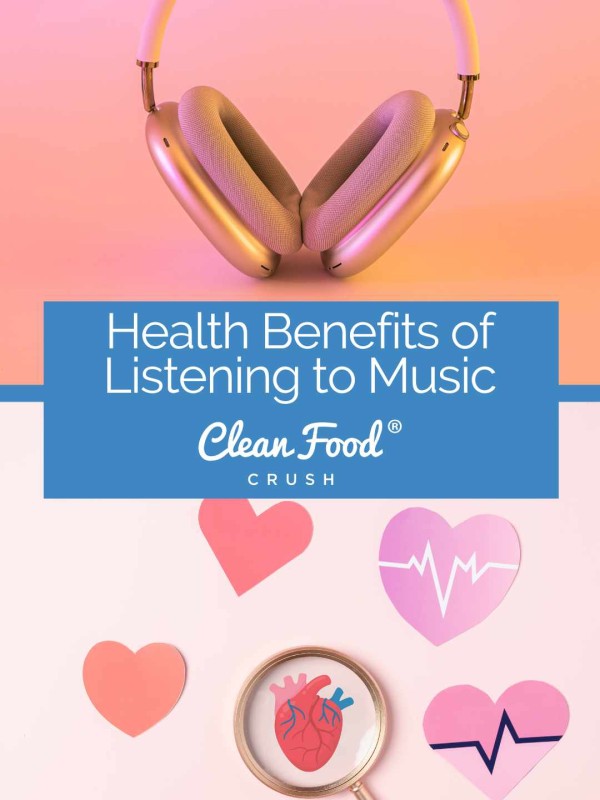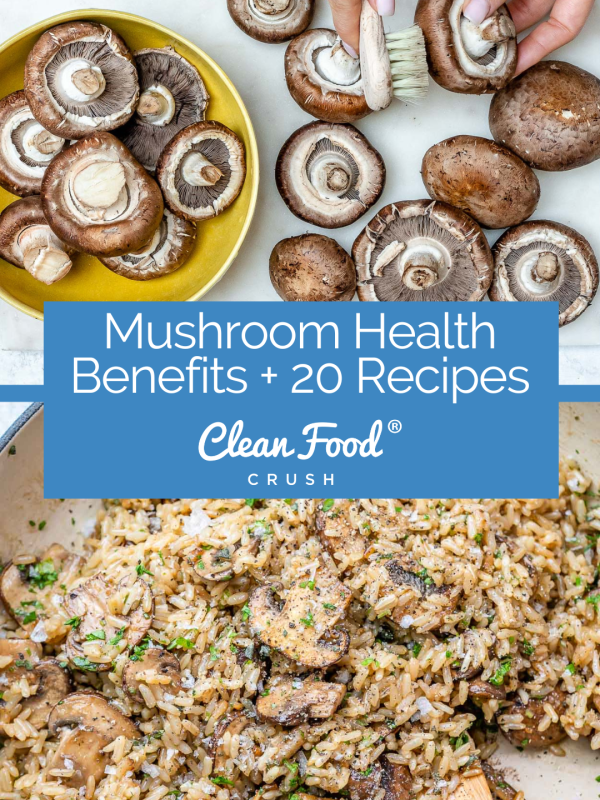This post contains affiliate links. Please see our disclosure policy.

All About Stress Eating: What it is and How to Manage it
You may think that stress eating is self-explanatory, and to a certain extent, it is. It occurs when the motivation to eat comes from stress, usually caused by underlying mental distress rather than physical hunger. So, stress eating can seem like a simple, controllable thing when looking at it objectively. However, there are MANY reasons why some people struggle with this and why it can be difficult to stop.
It’s easy to reach for food when you’ve had a bad day or dreading a work assignment. But for many, the act of stress eating goes much deeper than that, often triggered by trauma and depression – long-term stressors.
When your body encounters stress, your adrenal glands release a hormone called epinephrine, AKA adrenaline. This adrenaline puts your body into fight-or-flight mode, a physiological response that occurs in response to a perceived threat. Being thrown into survival mode can cause your appetite to decrease.
However, if the stress continues, your adrenal glands will release another hormone: cortisol. This hormone actually increases appetite, as well as the motivation to eat.
Additionally, cortisol can cause you to crave foods high in fats, sugars, and salts, leading to weight gain. This can cause those underlying mental stressors to worsen, which in turn can cause you to eat even more. It’s a vicious cycle that can lead to poor eating habits, and even obesity, if not addressed. Breaking free of this pattern can be extremely difficult, like breaking any bad habit.
While the effects of stress eating can seem rather dire, there are ways to manage these stressful eating habits. Here are a few tips:
Identify Your Emotional Triggers
First and foremost, it’s crucial to know yourself and know what triggers these harmful emotions for you. Sometimes, they can be small: a work event, a stressful family situation, or the loss of a friendship. Or maybe you’re dealing with larger stressors: prolonged trauma, the death of a loved one, or depression.
An emotional trigger can cause lots of unwanted stress, no matter the scale. Recognizing the emotions you’re feeling when you do reach for those comfort foods is the first step in redirecting those emotions away from food. If you want more information on emotional eating, check out this article.
Practice Replacement Behaviors
Once you’ve identified your emotional triggers, you can begin redirecting your behaviors to something more productive. Rather than eating, try going for a walk or hike, drinking some water, doing yoga or meditation, calling a friend, or reading a book.
Mindfully choosing to do another activity can help you unlearn those old behaviors and instead teach you to implement healthier ones that will bring you the comfort your mind craves without leaving you sluggish, tired, and more stressed.
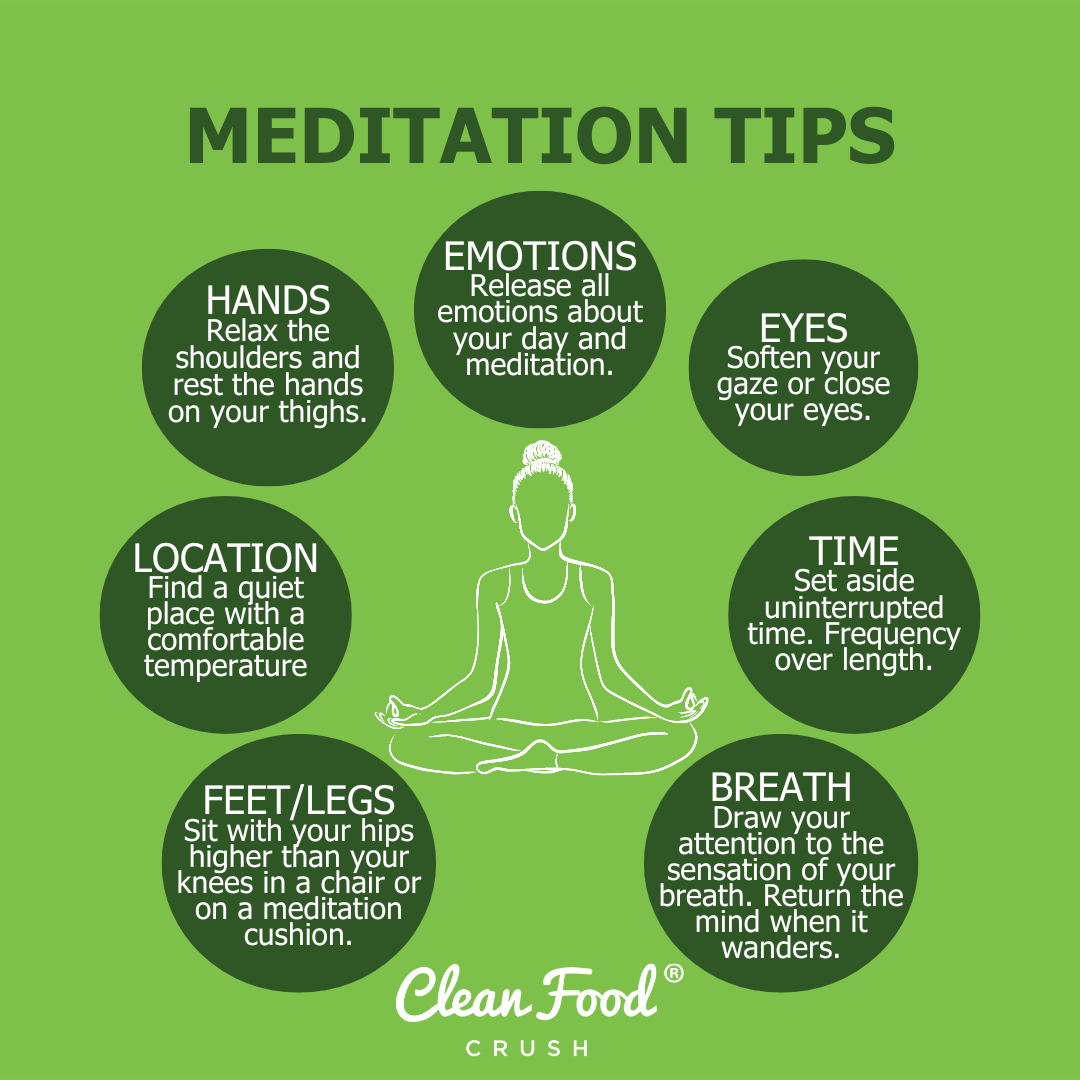
Limit “Go-To” Foods
This one may seem obvious, but it can be challenging. I’m all about moderation, so don’t feel like you have to throw away everything super sugary or fatty in your cabinets. But limiting how many of those snacks you have around the house can make it easier to avoid them when those urges come.
While it’s great to use replacement behaviors, sometimes eating is the only thing that will bring that comfort you’re craving. But if you have some healthier options, it’ll become easier to choose them over sugary ones. Check out this awesome list for some delicious, healthy comfort foods. Sometimes it’s better to give your body what it wants (in moderation and healthier forms) than to starve it of its cravings.
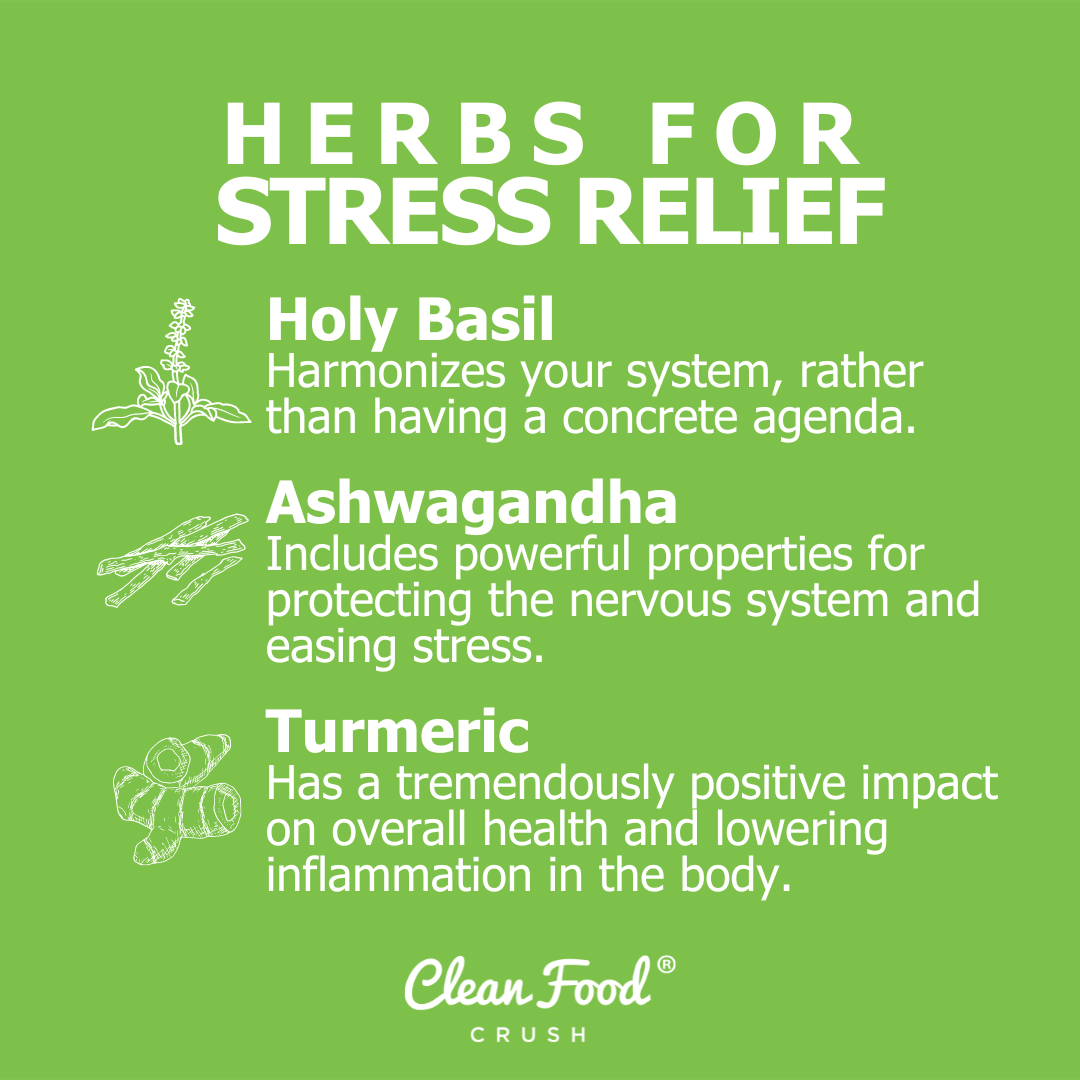
Focus on Other Health Aspects
When all your focus is on what you are or aren’t eating, it can be overwhelming and work against you. So, take some time to think about other aspects of your physical and emotional health.
For example, proper hydration is essential for overall health. Some research has shown that dehydration can lead to a higher risk of obesity and mood fluctuations, affecting eating habits. So be sure you get plenty of water and also watch your alcohol intake! I’m not saying you have to cut it out completely, but alcohol strongly impacts our mental and physical health. It lowers inhibitions, increases appetites, and increases the chances of mental health issues like depression and anxiety.
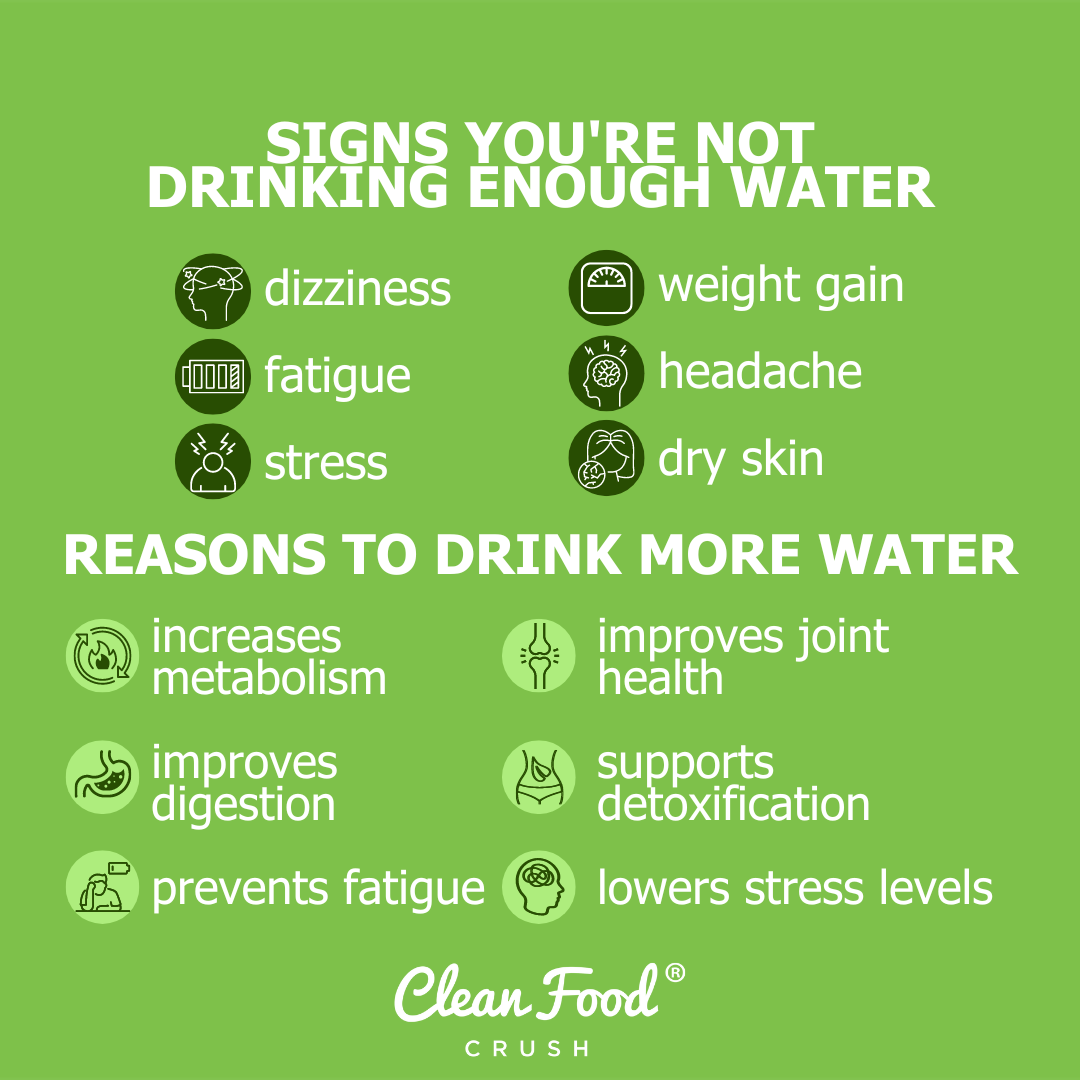
Also, get your body moving and stay active, which can help prevent boredom AND stress. Research has shown that exercise and other forms of physical activity boost mood and reduce stress, which are important ways to reduce your chances of eating stress.
Finally, make sure you’re getting plenty of sleep. Sleep decreases cortisol levels (remember, the hormone that makes you want to eat) and decreases stress, both of which can lower chances of stress eating. It can also help regulate the immune system, keeping you healthier and happier (meaning less anxiety and stress!) If you need tips on sleeping better, check out this article.
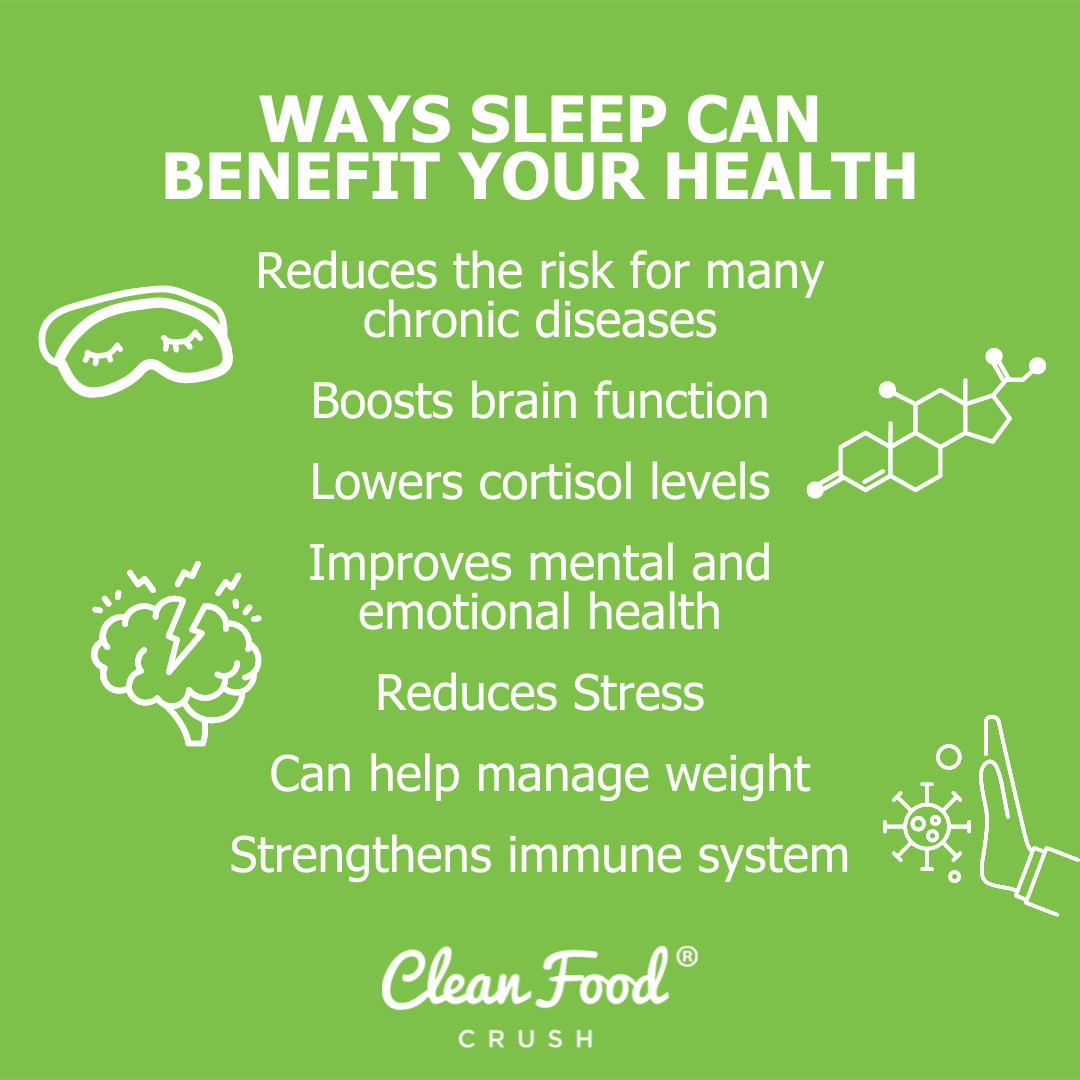
Staying hydrated, moving your body, getting sufficient sleep, and giving your health the proper respect it deserves are all fantastic ways to avoid stress eating.
Also, try enjoying some foods that can actively help you fight stress, such as these 15 foods that can naturally curb anxiety.
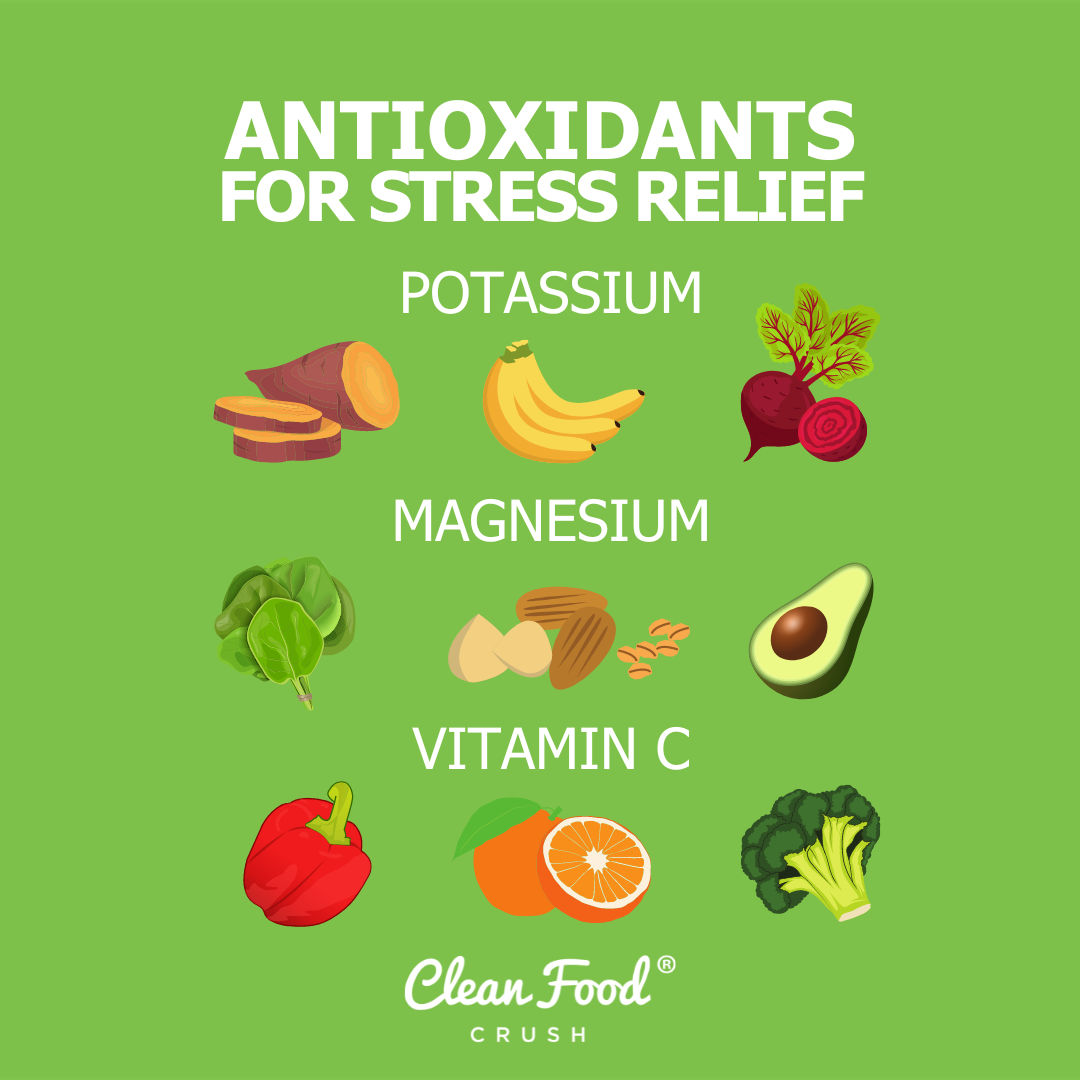
Remember that stress-eating is about mental hunger, not physical hunger. It’s not that your body is craving food because of a lack of nourishment; it’s that your mind is craving some kind of comfort – love, safety, warmth – that you’ve been otherwise lacking.
Unfortunately, food can become a type of emotional support, which can lead to unhealthy eating habits and health concerns.
The most important thing to remember is that you’re not alone. This is a common practice for many people, and there are ways you can manage it. Giving yourself grace and patience to unlearn old habits and create new ones will help in the long run and will leave you with a healthier mind and, hopefully, a healthier body!

The number one thing our CRUSHer success stories have in common? They all found that the support they got in our 30-Day Clean Eating Challenge groups was the game-changer that lead to their success. Join the Challenge and see if stress-eating doesn’t just become a thing of the past!




